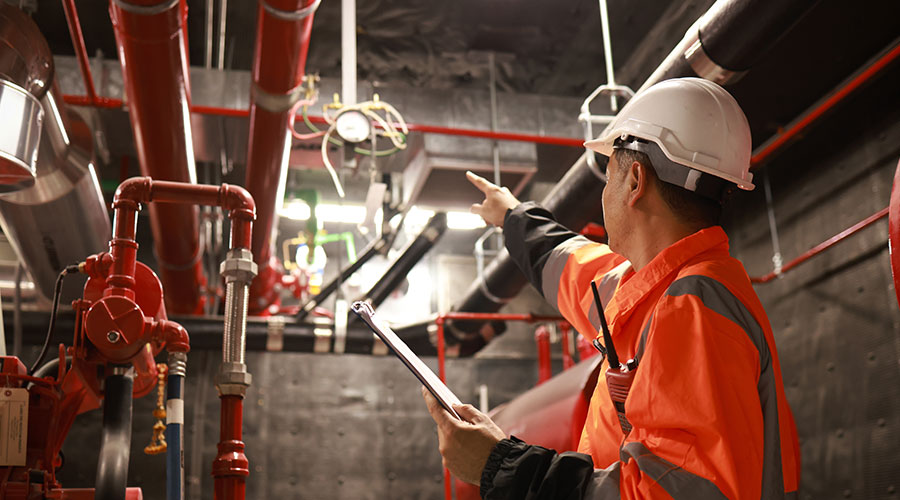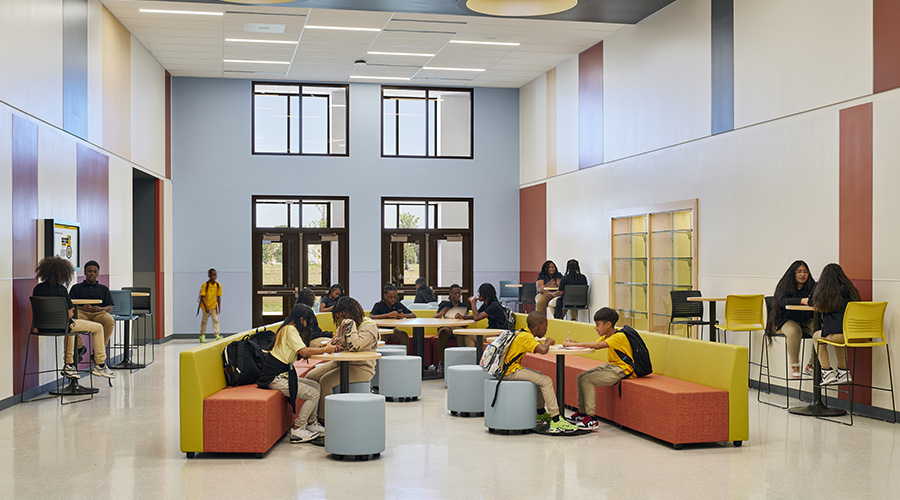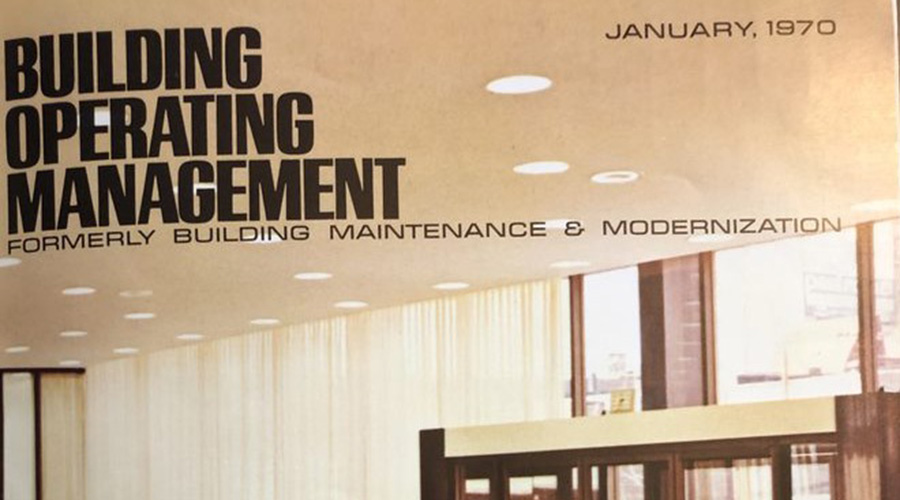
Educational Opportunities Present Themselves for Women in FM
There are educational opportunities within facilities management that helps boost careers. August 28, 2024
By Mackenna Moralez, Associate Editor
Trade industries are still grappling with the ongoing labor shortage as more and more skilled workers leave the industry or begin to retire. This skills gap grows even larger when we consider the lack of women that are represented in facilities management.
For years the facilities management industry has struggled to recruit and retain women, with many citing that it’s just not a “women’s job” - whatever that means. There are many paths that lead to a career in facilities management, with people often saying that they fell into the industry by working a completely different job. However, academia is starting to become a viable path to a successful career. Depending on where you are in your career, you can earn FM credentials from leading industry organizations, or even obtain bachelors and masters degree.
“Regardless of the type of education – FM education provides individuals with continuous learning in an industry that is ever evolving, it builds confidence and expands knowledge,” says Alana F. Dunoff, strategic facility planner, instructor and executive at AFD Professional Services. “For employers, educational programs are a source for new hirers with foundational skills, avenues for professional development to ensure teams have a baseline of FM knowledge and are programs to groom internal leadership.”
More universities are beginning to implement FM programs, whether it be a certificate or an actual degree. Dunoff recommends sourcing programs from the IFMA Foundation as they keep an ongoing list of academic programs across the globe that are accredited and meet a standard of FM competency.
“The International Facility Management Association (IFMA) has been the most critical networking organization for my career,” Dunoff says. “While in graduate school I received an IFMA Foundation Scholarship, when I found my first job, I got involved in the local Chapter of IFMA eventually becoming a chapter leader and then on to serve on the Board of Director for the entire association and eventually bestowed with the honor of becoming an IFMA Fellow. My volunteerism and engagement in the profession was and is pivotal to my success in my career, both my teaching and my professional work.”
But furthering your career isn’t intrigant on degrees or certifications. Networking with industry peers can lead to career opportunities. However, these advancements don’t happen magically. Like obtaining a degree, networking takes a lot of work and skill. You must be comfortable and willing to talk to strangers and carry that connection outside of the event.
“Over the years, I have learned to come to events with 2-3 questions ready to go, typically related to a current problem or challenge I am working on,” Dunoff says. “Have a business card or a way to capture other person’s information and follow up with them after the event to form the final connection. Another great way to connect with other FMs is to volunteer in the local association chapter or council. Giving a few hours of your time monthly will allow you to engage with others who are just as passionate and interested as you are.”
Mackenna Moralez is the associate editor of the facilities market.
Next
Read next on FacilitiesNet












